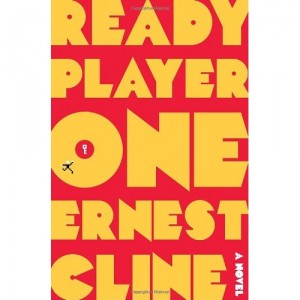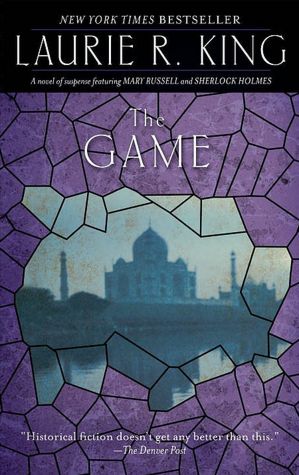*****
How do I write a review of this book?
A week later, I'm still shaken by it.
I read Laurie Halse Anderson's Speak last year and loved it. I cried when I finished it—beautiful and cathartic tears. It hit me in a way that a lot of books don't. It was definitely a five-star read for me.
I've decided that Wintergirls is a five-star read, too, but it took me a long time to make that decision.
Wintergirls is no less powerful than Speak. In fact, I'd say it packs an even stronger punch, although I hate to use such a cliché for such a book, even though I can only think of clichés to describe it. Kick in the gut, brick to the face, hit by a train, knock the wind out of you, rip you open—pick your own description here, that's what this book did to me emotionally. I couldn't put it down even though it was, simply put, terrifying.
The book begins with Lia, a high school senior, being told by her stepmother that Lia's best friend Cassie was found dead in a motel room. Cassie and Lia haven't spoken for six months, which is why Lia didn't answer her phone over the weekend when Cassie tried calling her thirty-three times, and now Lia is haunted by the idea that somehow she is responsible for Cassie's death.
Which sounds simple enough, and rough enough for a book premise.
But.
The reason Cassie and Lia haven't been close is because Cassie's parents made her stop talking to Lia after Lia's second stint in rehab for anorexia. The first stint happened after Lia blacked out while driving Cassie's car because she didn't have enough food in her system and when the paramedics got there her blood pressure and body temperature were only just this side above dead, and Lia's secret was out. Cassie wasn't even scratched and so her secret eating disorder, bulimia, stayed secret and she stayed popular and cut off Lia as "a bad influence."
Until Cassie winds up dead in a motel room.
Honestly, I have never read a book this intense, where the heroine seems absolutely determined to destroy herself slowly and systematically. Nearly every time a food is mentioned, Lia tacks on the number of calories in parentheses. She often speaks in strikethrough font, so you can see the war between her body and her mind as she slowly and determinedly tries to starve herself down to 99, 95, 90, 85 pounds and lower, all while hiding that fact from her family so they won't send her back to the hospital. "I take the cup [of orange juice] from her.
I had no idea until the very end whether Lia was going to make it or not, and it was a sick-making kind of feeling to watch her spiral downward out of control and not be able to shake her awake, or wave my arms in front of her parents' faces and say "How are you not seeing this?" or heavens, just shove a cupcake down her throat or do something, anything to get her or anyone to see the madness and stop it. It was not a comfortable book to read.
And yet I couldn't put it down. I read it straight through and felt absolutely depressed for most of the rest of the day as I processed it. Anderson's writing style is gripping and immediate and visceral, and you really do feel like you're living through the experience yourself, which, as I said, is not a comfortable thing. But there is no doubt it is well written.
I don't know if I liked this book or not. I do know I won't forget it any time soon.
And I think that I'm going to have to recommend it to people to read. Not like Speak, which I think everyone should read, period, no exceptions. But I think that some people should take the opportunity to read Wintergirls because even though it's not a comfortable experience, it is a powerful experience, and one that will change you.
(And if you do read it, I'd love to discuss it with you.)

















